Contents
Guide
THE BIG BOOK OF
WORDS
YOU SHOULD KNOW TO
SOUND
SMART
A GUIDE for ASPIRING
INTELLECTUALS

ROBERT W. BLY

Avon, Massachusetts
CONTENTS

DEDICATION
To Dr. Jeffrey Segal

INTRODUCTION
A radio commercial for a mail-order course on building your vocabulary states, People judge you by the words you use. To help people judge you as wise and educated, we published our book
The Words You Should Know to Sound Smart. It sold well and spawned an annual calendar. But our readers told us: More big words to make us sound even smarter, please! The result is the book you now hold in your hands,
The Big Book of Words You Should Know to Sound Smart. It was written so that people who hear you speak will see you as really smartperhaps even smarter than you really are.
Some people who want to sound smart have cultivated a large vocabulary, which they unleash with great regularity. This book can serve as your translator when speaking with these pseudointellectuals. Many other people possess a large vocabulary but use it sparingly, preferring to speak and write in plain English. As more than one writing instructor has put it, Your goal is to express, not to impress. Its possible that The Big Book of Words You Should Know to Sound Smart may even put some money in your pocket. People who have a good vocabulary come off as confident, intelligent, and motivatedqualities necessary for financial success.
The motivational speaker Earl Nightingale liked to tell students about a twenty-year study of college graduates. The study concluded, Without a single exception, those who had scored highest on the vocabulary test given in college were in the top income group, while those who had scored the lowest were in the bottom income group. Scientist John OConnor gave vocabulary tests to executive and supervisory personnel in thirty-nine large manufacturing companies. On average: test scores for the company presidents were nearly three times higher than their shop foremen. Vocabulary researchers Richard C. E. E.
Nagy write, One of the most consistent findings of educational research is that having a small vocabulary portends poor school performance and, conversely, having a large vocabulary is associated with school success. Whether this book helps you get higher grades or advance in your career, its fun to improve your command of the English languageeither to impress or express. Some of the words in The Big Book of Words You Should Know to Sound Smart can do just that: make you sound educated and intelligent. With this book at your fingertips, you can command an expanded vocabulary enabling you to debate philosophical precepts with the intelligentsia, wax poetic with the literati, and lock academic horns with the clerisy. These bon mots can help you converse with the best of the portentous artistes and aesthetesand impress the perfervid hoi polloi with your tarradiddle. With this compendious tome, you are only a daily erudite witticism away from true loquaciousness.
On the other hand, you may simply get pleasure out of knowing these words and adding them to your vocabulary quiver, even if you keep most of them in reserve. Its your call.
A Note on the Pronunciation
Pronunciation keys given in this book are rendered phonetically, without using special symbols or systems. Many of the words in this book have multiple meanings and pronunciationsin addition to those listed herethat are entirely correct. Regional influences can affect pronunciation of certain words.
A Note on the Sources
In his book
The Meaning of Everything: The Story of the Oxford English Dictionary, Simon Winchester observes that there are essentially three sources for the words in any dictionary: (1) words found in existing dictionaries; (2) words overheard in conversation; and (3) words found by a concerted trawl through the text of literature.
The Big Book of Words You Should Know to Sound Smart is populated with words from all three sources.
The Big Book of Words You Should Know to Sound Smart is populated with words from all three sources.
In particular, I owe a debt of gratitude to the New York Review of Books. I read every issue and find new words in each one. More than a dozen of the words are from Jason Batemans movie Bad Words. Many come from the books of Harlan Ellison, Pat Conroy, Nicholson Baker, and other authors who employ a sophisticated vocabulary. As for dictionaries, my three primary references were Websters New World College Dictionary, Fifth Edition, Merriam-Websters online dictionary, and the Shorter Oxford English Dictionary, Sixth Edition which, contrary to its name, comes in two massive volumes.
A
Of course the illusion of art is to make one believe that great literature is very close to life, but exactly the opposite is true. In his sermon, our pastor warned that pornography is a global ABASEMENT of all humankind, not just women. abate (uh-BAIT), verb Reduce in intensity. The police came round to cite me for failing to ABATE my smoky chimney. abatement (ah-BAIT-ment), noun The reduction or elimination of a tax, claim, fine, or debt. By having her daddy pull strings in the mayors office, Sylvia received a quick ABATEMENT of her traffic ticket. abatjour (ah-ba-ZHOO-er), noun An object that allows or diverts light into buildings. As part of my remodeling project, Im building a skylight as an ABATJOUR to lighten the front hallway. abecedarium (ay-bee-see-DAIR-ee-um), noun An elementary school textbook used for teaching the alphabet. In former years, McGuffeys Eclectic Primer was used in elementary schools as an ABECEDARIUM for young students. abessive (uh-BESS-ev), adjective Indicating the absence of something. The ABESSIVE character of game in the forest meant we had to rely on a vegetarian diet during our camping trip. abiogenesis (ay-bye-oh-JEN-eh-sis), noun Spontaneous generation of life. ABIOGENESIS is the mechanism in the Star Trek movies by which Spock is brought back from the dead. abiturient (ah-bih-TUR-ee-ent), noun A German pupil about to leave high school and enter a university. Rachel, having completed her high school years with flying colors, was an ABITURIENT on the verge of an Oxford education. abjure (ab-JOOR), transitive verb To renounce or turn your back on a belief or position you once held near and dear. Once Jodi tasted my mouth-watering, medium-rare filet mignon, she ABJURED the vegetarian lifestyle forever. ablaut (AHB-lout), noun An alteration in the internal structure of a word that affects its meaning. In English, the words sing, sang, and sung are an example of an ABLAUT, since the change of a letter changes their tense. ablution (ah-BLEW-shin), noun A washing of the hands and face, or bathing of the entire body. I begin each day with my morning ABLUTIONS. abominate (uh-BOM-in-ate), verb When you abominate something, you really, really hate and dislike itand view it with considerable loathing. For my part, I ABOMINATE all honorable respectable toils, trials, and tribulations of every kind whatsoever. For my part, I ABOMINATE all honorable respectable toils, trials, and tribulations of every kind whatsoever.

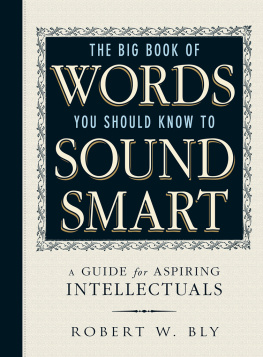
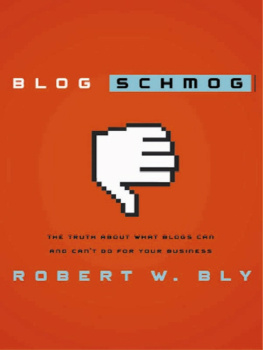
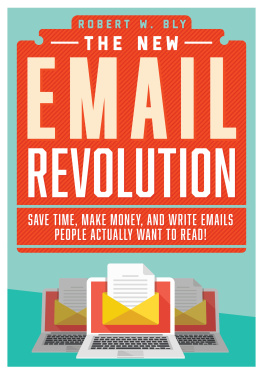
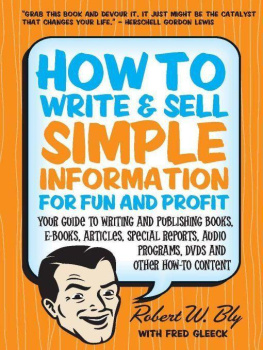
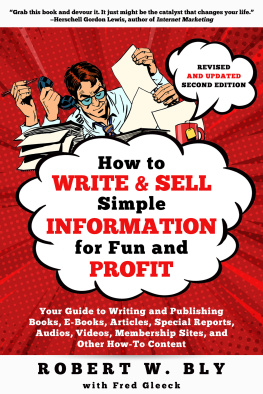
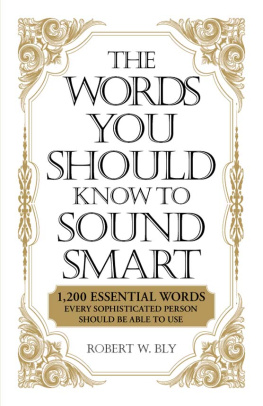
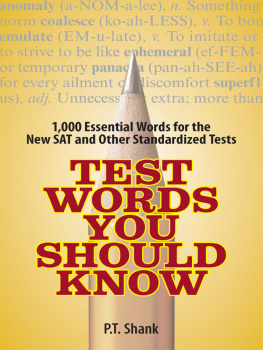

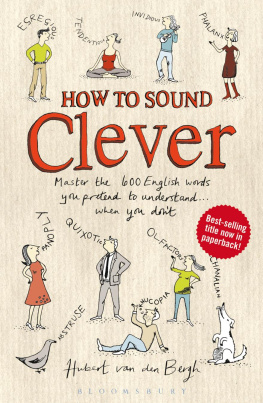
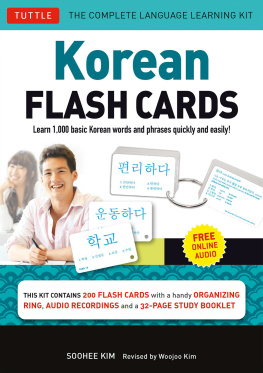
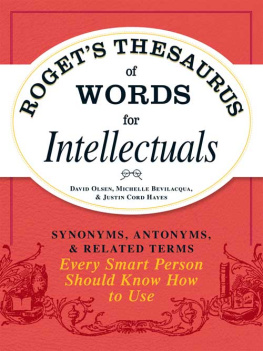
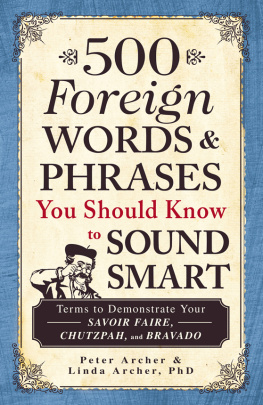



 Avon, Massachusetts
Avon, Massachusetts